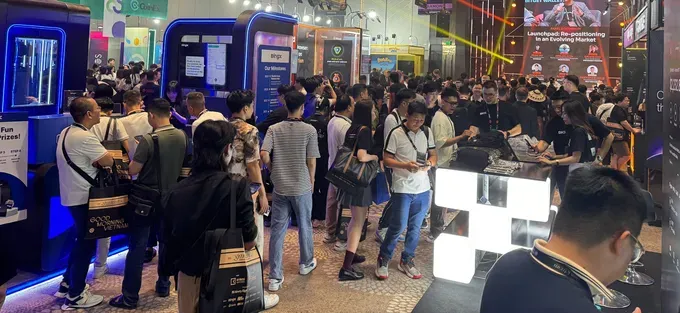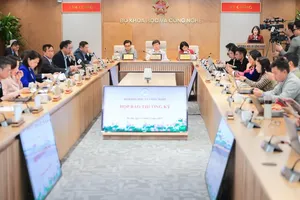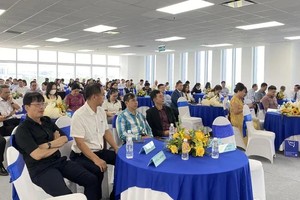With this new reality, it's time to define and structure the digital asset industry.

In 2022, a Vietnamese game, Axie Infinity, captured global attention and introduced many to the world of Web3 gaming. This play-to-earn game allows players to own virtual pets called Axies, which are unique digital assets stored on the blockchain as non-fungible tokens (NFTs). Players can earn in-game items called SLP by completing challenges or winning battles.
These SLP tokens can then be exchanged for AXS, a governance token, on major cryptocurrency exchanges and ultimately converted into cash. This ability to earn and trade assets with real-world value is what fundamentally differentiates Web3 games like Axie Infinity from traditional video games.
Beyond gaming, the digital asset industry is evolving to bridge the gap between the physical and digital. A startup called Phygital Labs is at the forefront of this movement. In 2023 and 2024, they began laying the groundwork for integrating phygital (physical-digital) technology into the preservation and promotion of Vietnamese cultural heritage.
Their notable projects include creating digital identities for the guardian lion statues at the Temple of Literature, producing the first ‘phygital’ book and digitally identifying ten artifacts at the Hue Royal Antiquities Museum.
These projects demonstrate how digital assets can be used to create an immutable and verifiable record of physical items, offering new possibilities for conservation and accessibility. As technology continues to advance, the digital asset industry is poised to reshape the understanding of ownership, value, and the connection between the physical and digital worlds.
Currently, the company is collaborating with the Hue Royal Antiquities Museum to digitize thousands of additional artifacts, embedding identification chips and creating digital versions. Through its Nomion solution and blockchain technology, which link physical artifacts with digital products, Phygital Labs is contributing to building a repository of cultural and intangible digital assets that enhance the digital economy.
Embracing this emerging technology, Ninety Eight and IP Agency partnered with Joli Poli to implement NFT-based traceability for bespoke wedding dresses, helping prevent counterfeiting and protecting brand identity. Similarly, Ninety Eight and IPC Global Network announced a collaboration with Vietkings to apply blockchain in record certification, moving toward record certificates issued in NFT format.
More recently, the ‘Rising City’ NFT Art Contest—organized by the Ho Chi Minh City Association of Communications and Electronics, the Blockchain Association of Ho Chi Minh City, and the Ho Chi Minh City University of Fine Arts, with support from blockchain enterprises—was met with enthusiastic participation from the artistic community.
According to Vice Chairman Nguyen Manh Quy of the Ho Chi Minh City Association of Communications and Electronics, these works have contributed to advancing digital art and applying NFTs in intellectual property ownership, thereby opening new frontiers for the Vietnamese art industry.
With these developments, experts believe that many Vietnamese blockchain startups that previously chose to base operations abroad will return to Vietnam. This shift could also attract international enterprises seeking investment opportunities, paving the way for the early formation of a robust digital asset industry.
Diversifying digital asset resources
According to the Law on the Digital Technology Industry, digital assets are assets that exist in digital data form, created, issued, stored, transferred, and authenticated by digital technologies in electronic environments. The State will comprehensively regulate the formation and trading of such assets, including ownership rights, obligations of stakeholders, cybersecurity, and anti-money laundering measures.
A digital asset is any asset that exists as digital data, created, stored, and traded on digital platforms, and inherently immutable. Once recorded on blockchain or similar platforms, a digital product cannot be altered or deleted, thereby ensuring authenticity and traceability.
The technology community categorizes digital assets into multiple types. Among them are cryptocurrencies, which are decentralized and can be traded peer-to-peer without intermediaries. Virtual assets are another form, holding value within specific communities.
What distinguishes digital assets from other digital files is the ownership or licensing rights attached to them. These rights may be simple such as the ability to view and access or more complex, such as distribution rights or even the ability to sub-license them to others.
























